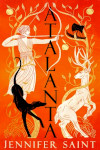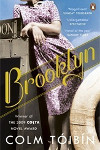Reading Life: 25th September 2025
Posted 29th September 2025
Category: Reading Life Genres: N/A
Comments Off on Reading Life: 25th September 2025

I started reading Reminiscences Of Jane Austen’s Niece Caroline Austen yesterday. It’s a short book published by the Jane Austen Society, a collection of diary/records by Caroline that expands upon notes her mother kept. I was, in fact, originally looking for Caroline’s memoir of her famous aunt but Chawton Cottage, which sells the Society’s books, didn’t have it in stock. (I didn’t realise until yesterday’s reading that you can in fact find the memoir within the larger A Memoir Of Jane Austen that James Edward Austen-Leigh compiled.)
Anyway, the reminiscences are actually just a diary of family’s and friends’ events and it’s proving to be an appealing short read. It’s organised by year with the various events of said year written as paragraphs. This paragraph is so like a Jane Austen novel I may have laughed out loud:
It was from Sennington that my grandmother’s adventures began. She and her other sisters, when young women, were left there for some months, whilst their mother was making visits in Berkshire, staying chiefly at Barton Court – Mr Raymond’s. She was accustomed to take with her one daughter when she went from home – to wait upon her, as was said and at the time to which I refer, she had taken Jane, afterwards Mrs Fowle. At Sennington there lived a family named Hinxman, not in the ranks of gentility, well-to-do yeomen farming their own small property. Mr Hinxman aspired to the hand of one of the Miss Cravens, and obtained it. They were married during her mother’s absence in Berkshire; and still worse, a friend of his, Mr Bishop, a horse-dealer, as I have heard, with no money and no character, prevailed on another daughter, Mary, to marry him. Where Governor Craven was all this time, I do not know; but apparently not with his wife, nor at home with his daughters (Austen, 2004, p.7).
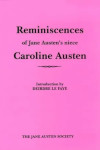
Although it is an expanded diary, as you can see from that quote, there’s just something about the way that Caroline writes. Sadly, as Deirdre Le Faye recounts in her introduction to the book, Caroline wrote quite a lot of fiction as a child but found herself mocked by those around her – likely not including her aunt Jane – and destroyed them (Le Faye, 2004, p.VII). According to record, her stories had their characters meet violent ends as young Caroline felt it imperative to do so. In later life, she destroyed the remainder of the work left (Le Faye, 2004, p.IX) so sadly we will never see them. It’s good, I think, that we at least have this diary, her memories of her aunt, a couple of pictures (including a photo in later life), and mentions of Caroline’s work in Jane’s letters.
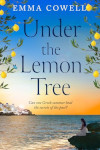
(I decided after writing the above to go and have a look at Jane letters and found that not only did she correspond with Caroline a lot – I love Deirdre Le Faye’s comprehensive indexes! – but she made a good few comments on Caroline’s writing that combine measured criticism with a positive outlook. And here I was surprised – aunt Jane suggests that a male character in one story is not being treated badly enough and suggests Caroline has him… off himself (Le Faye (ed.), 2011, p.300). I’m still getting over the shock of that one. She also says he could change his surname instead – something that would punish him more than Caroline already had, essentially – but, clearly, Caroline’s ideas of violence didn’t stem from nowhere unless Jane was in fact mocking her and… I agree with Le Faye that, all of the references combined point to Jane being sincere in her encouragement. Jane’s letter is dated December 1814, when Caroline was nine years old, and the suggestion by Jane to have the male character off himself matches the young age Le Faye discusses in Caroline’s book’s Introduction.)
Having written more than I’d thought I would about a rather obscure book, two remain. I recently finished Emma Cowell’s fourth book, the contemporary romance Under The Lemon Tree which I’d been reading slowly over the course of a month. After having spent the previous six years mostly at home due to ill rabbits, when Liz Fenwick invited me to her Penzance-based book launch I jumped at the chance for a long weekend away and it culminated in a podcast recording with Liz and Emma at Liz’s lovely house, often seen in her TikTok videos. Obligatory photograph:
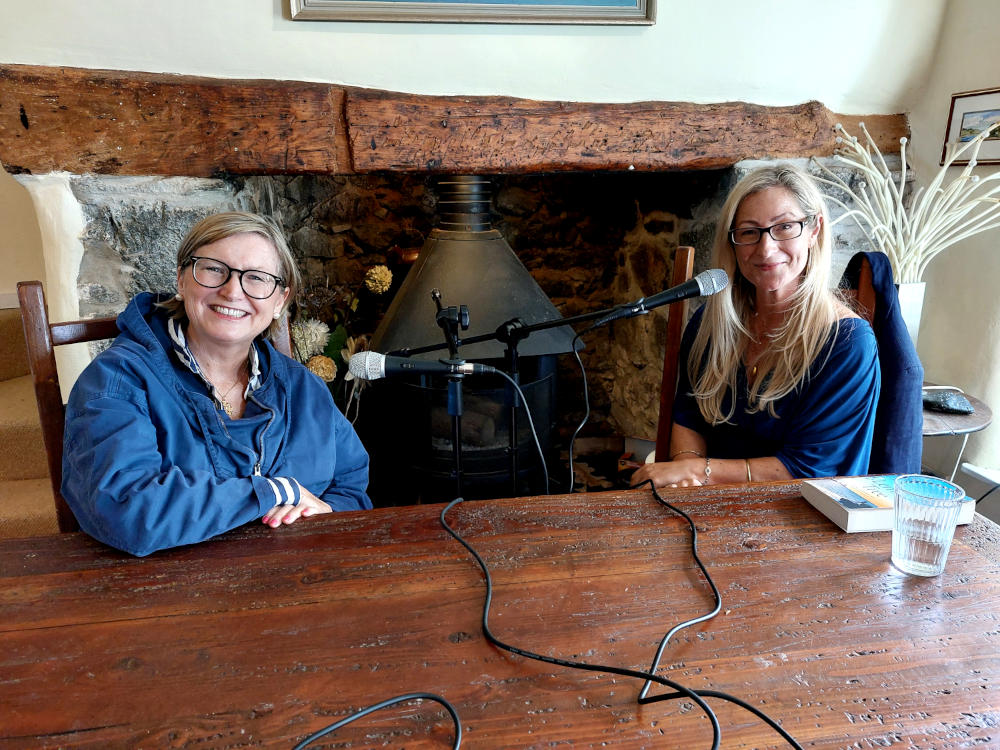
Thereby I received Emma’s book. Key to Emma’s writing, to me, is the way she takes a or some topic(s) that may or may not be well-covered in society, and delves into it or them from her specific angle or way of seeing things – I’m not really sure exactly how to describe it, it’s easiest to describe it as her Unique Selling Point. In her third book, the topics were songwriting and early onset dementia; in her first book, it was IVF and lost love; and now, in her fourth (I haven’t read the second), it’s grief. Right time, right place, perhaps – I’m still very much missing my rabbits – but Cowell’s focus on grief lasting as long as it needs to, so to speak, and letting oneself work through it, are lovely, and it’s rounded off by the following at the bottom of the penultimate page: ‘grief is simply love that is missing its target’. I took a few moments for that one.

Lastly, I’m currently reading Liz Fenwick’s (surprise, surprise) The Secrets Of Harbour House. This is Liz’s 13th book, and I say that because I’m a bit in awe, not because she’s written so many books (I mean, that is awesome but not what I’m talking about) but because whilst Liz’s books were already very good reads, she’s kind of levelled up again. I am very aware that I can picture the location pretty well thanks to Liz’s invitation to her launch but there is a quality of immersion and world building in this new book that surpasses her others. I’ve read three of her other books – her previous (12th), her eighth (I believe), and her very first – so I’ve read from a range of ‘eras’, but the effective levelling here is a massive leap from her entirely respectable previous book. Needless to say I’m enjoying it – at 50 pages in we’re about to move from what’s so far been a contemporary story to a historical thread – and finding myself extremely excited about where she might go with her next.
References
Austen, Caroline (2004) Reminiscences Of Jane Austen’s Niece Caroline Austen, revised edition, The Jane Austen Society
Le Faye, Deirdre (1986) Introduction, in Austen, Caroline, Reminiscences Of Jane Austen’s Niece Caroline Austen, The Jane Austen Society, pp. VII-IX
Le Faye, Deirdre (ed.) (2011) Jane Austen’s Letters, 4th edition, Oxford University Press
No Comments
Comments closed











